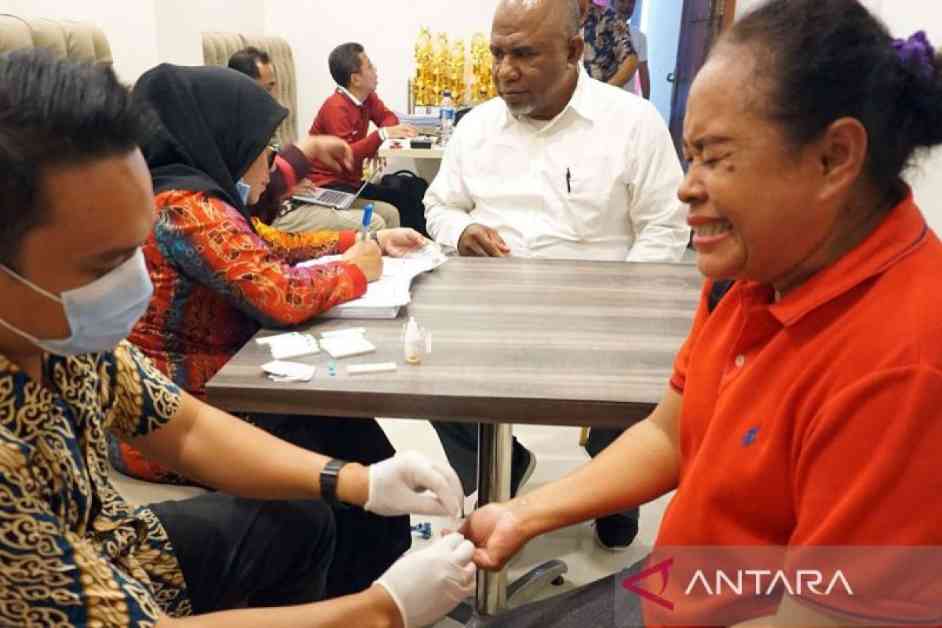Rising Trend: Indonesia Reports 17,136 TB/HIV Cases in 2024
In a recent statement released by Indonesia’s Health Ministry, it was revealed that the country recorded 17,136 cases of TB/HIV in the year 2024. This marks a concerning increase from the 15,375 cases reported in the Tuberculosis Information System (SITB) in 2022. Agustina Isturini, the Director of Prevention and Control of Infectious Diseases, highlighted the gravity of the situation and the efforts being made to combat this growing health crisis.
Efforts to Combat TB/HIV
One of the key strategies implemented by the ministry is the integration of TB screening into the Free Health Check-up (PKG) program. This initiative aims to detect TB early on and ensure that individuals receive timely treatment. Isturini emphasized the importance of screening all people living with HIV (PLHIV) for TB to facilitate early detection and intervention. Additionally, HIV tests are conducted for TB patients to provide comprehensive care for those affected by both diseases.
Treatment Protocol for TB/HIV Patients
For PLHIV diagnosed with TB, a combination of TB treatment and antiretrovirals (ARVs) is provided. ARVs are essential for all individuals living with HIV, irrespective of their clinical stage or CD4 count. Isturini stressed the importance of initiating ARV treatment promptly, ideally on the same day or within the first week of diagnosis. Patients newly diagnosed with both TB and HIV should receive ARVs as soon as possible to manage both conditions effectively.
Vulnerable Groups and Prevention Strategies
PLHIV are particularly vulnerable to TB, along with children, smokers, the elderly, individuals with weakened immune systems, and those in close contact with TB patients. It is crucial to offer tuberculosis prevention therapy (TPT) to PLHIV without active TB to reduce their risk of contracting the disease. Early detection and treatment are key to preventing the spread of TB within these high-risk populations.
Community Support and Government Targets
Successful TB treatment often requires six months to over a year of consistent care. Community support plays a vital role in ensuring that patients adhere to their treatment regimens. While there has been an improvement in case detection and treatment rates, Indonesia has yet to reach the government’s target for TB elimination. Continued efforts, including the integration of TB screening with existing health programs, are necessary to address this public health challenge effectively.
In conclusion, the rising trend of TB/HIV cases in Indonesia underscores the urgent need for comprehensive prevention and treatment strategies. By working together as a community and implementing targeted interventions, we can strive towards a future where TB is no longer a pervasive threat to public health. Let’s support those affected by TB and HIV, and advocate for greater awareness and resources to combat these diseases effectively. Remember, our collective actions can make a significant difference in the lives of those impacted by these conditions.






















